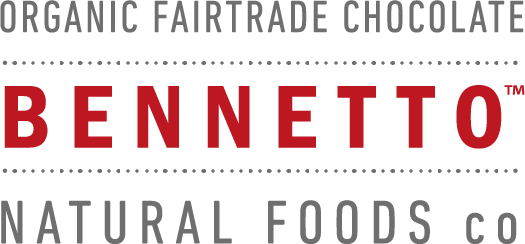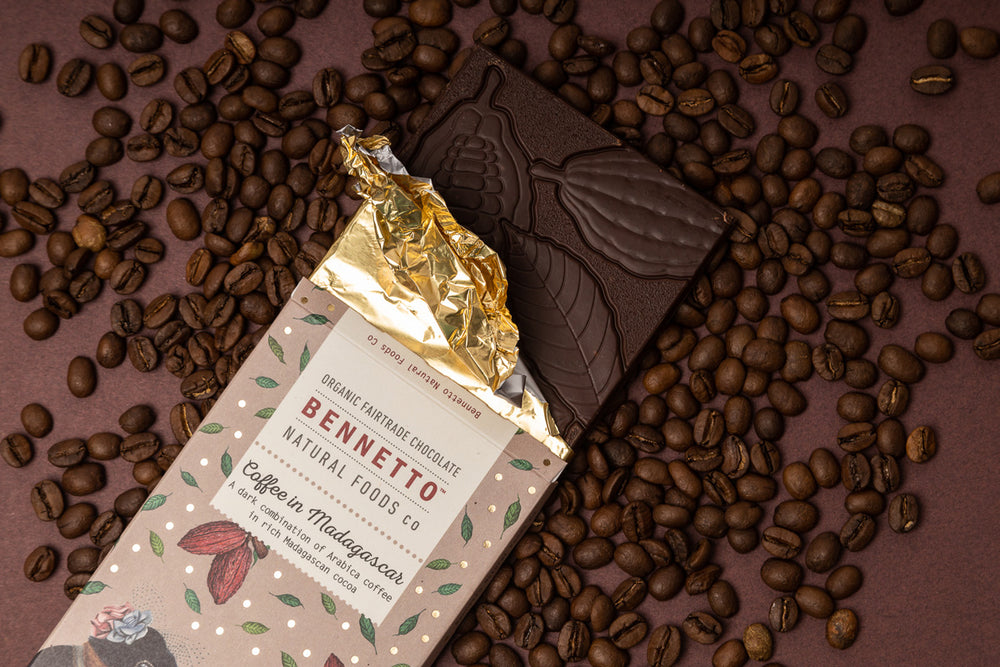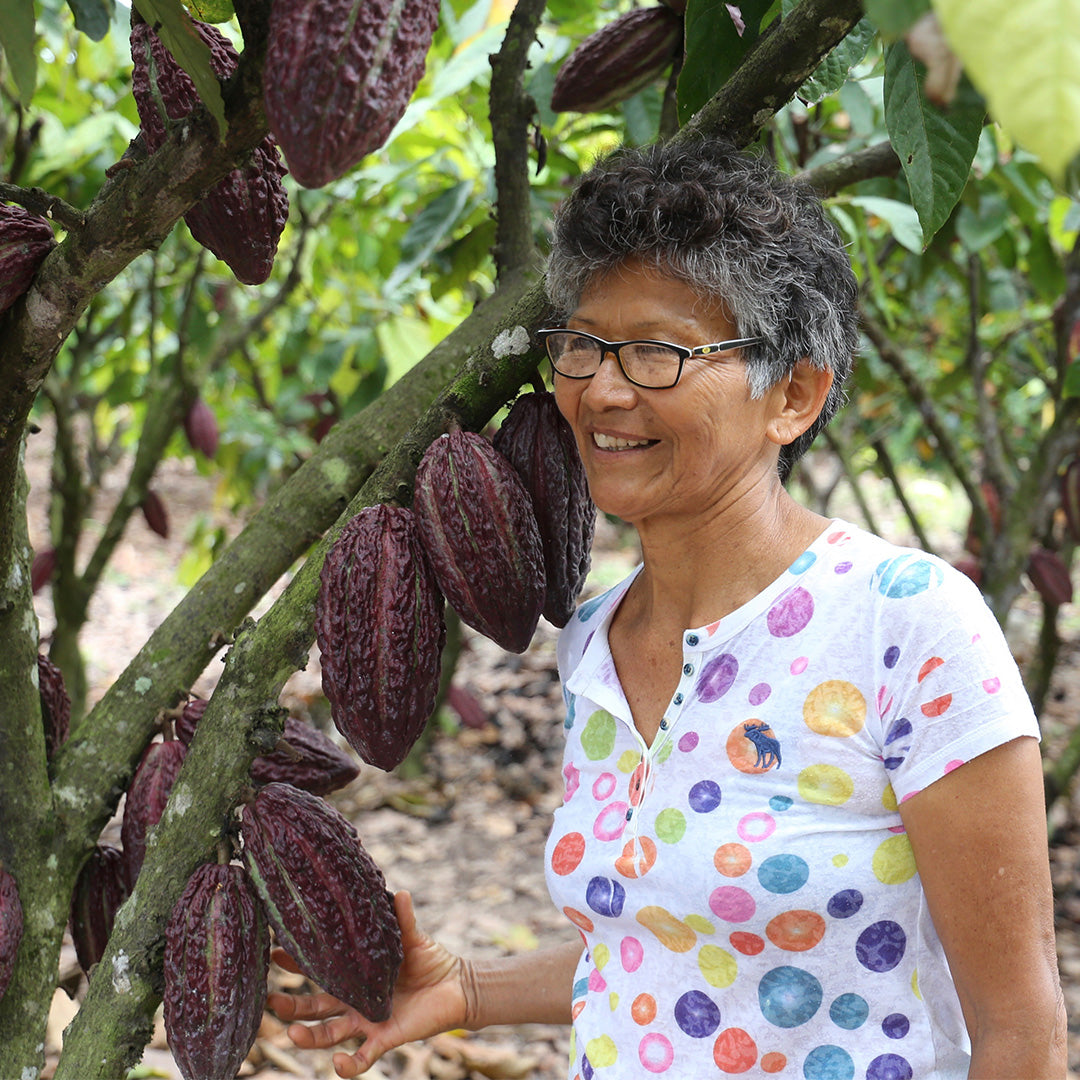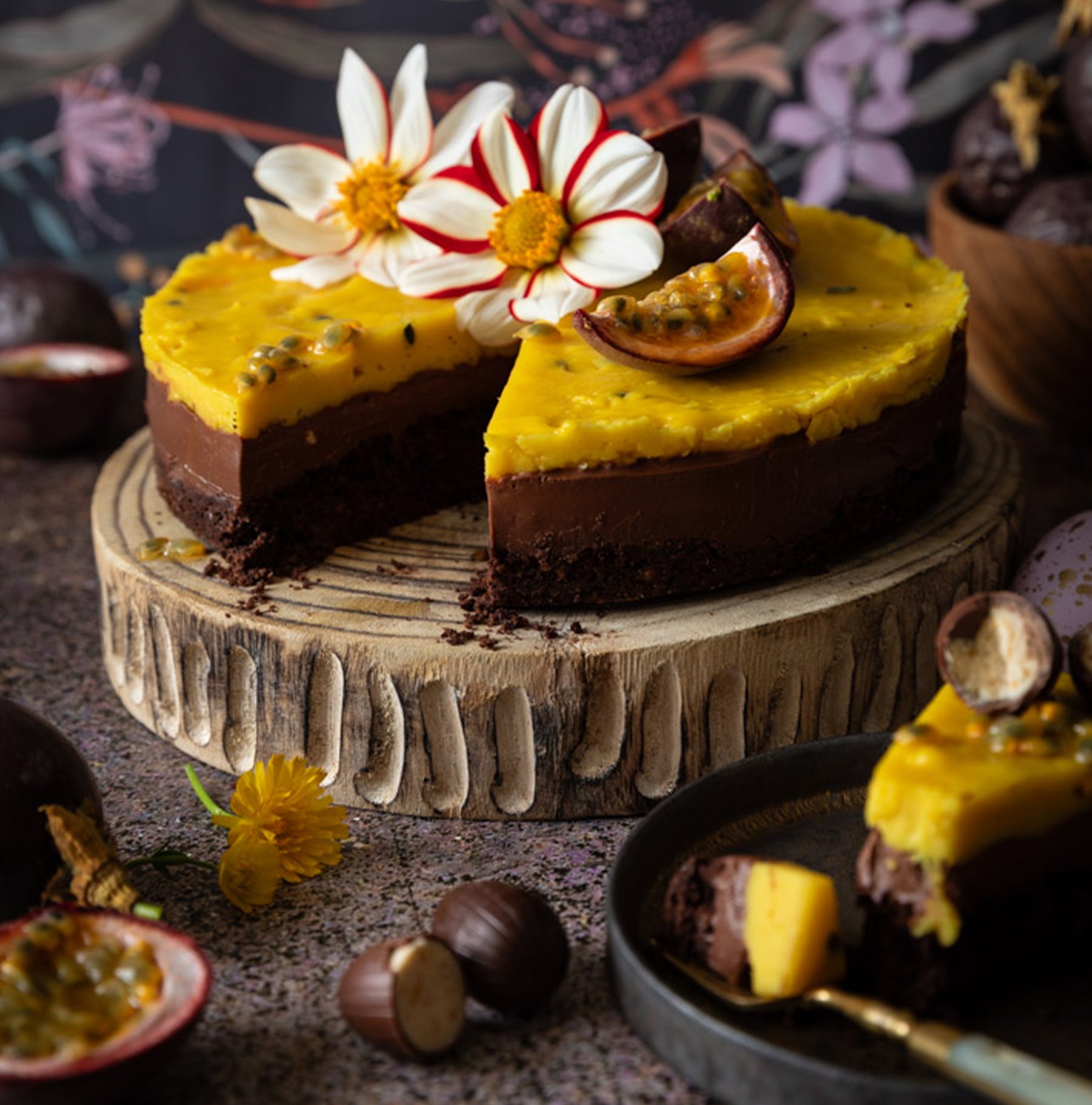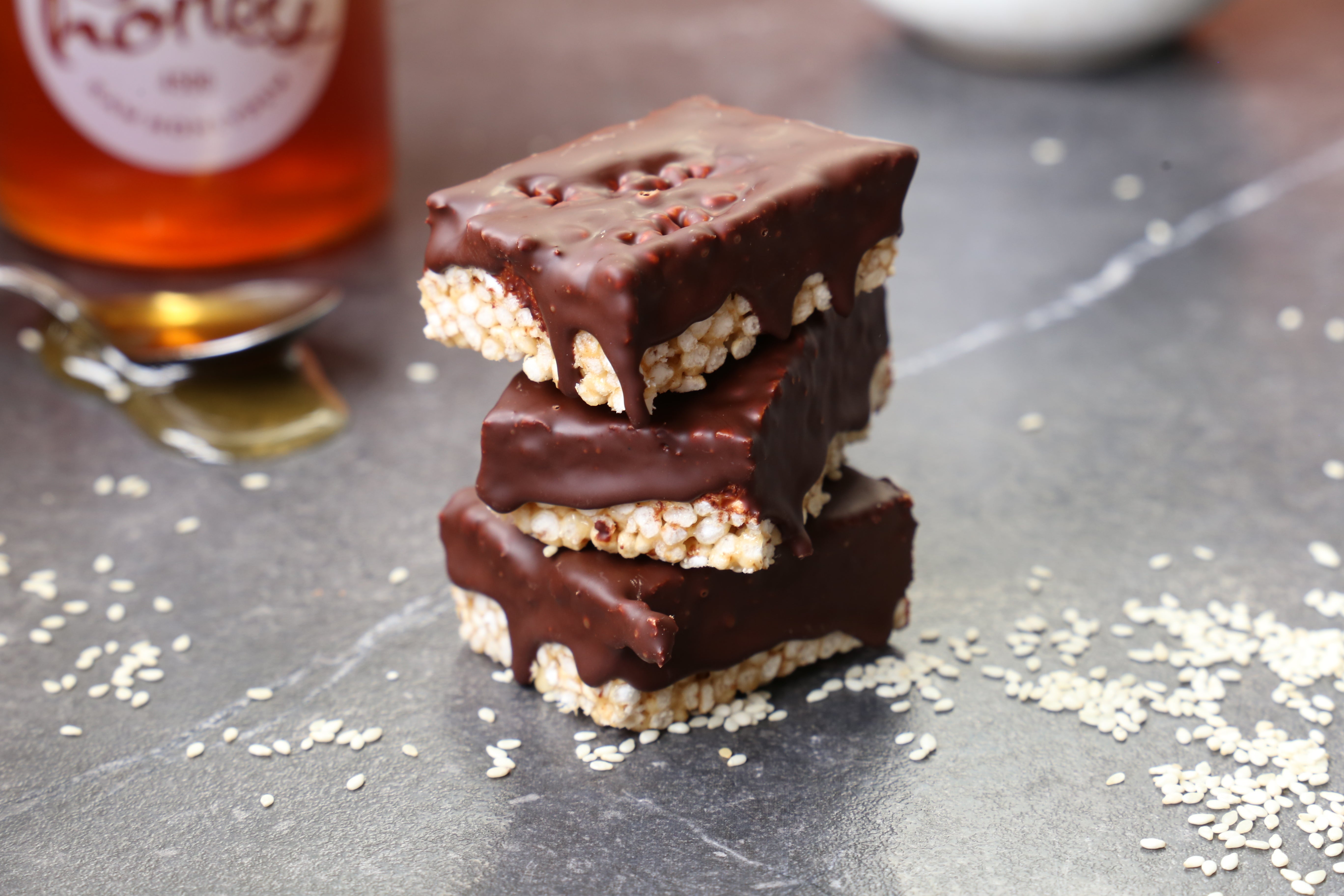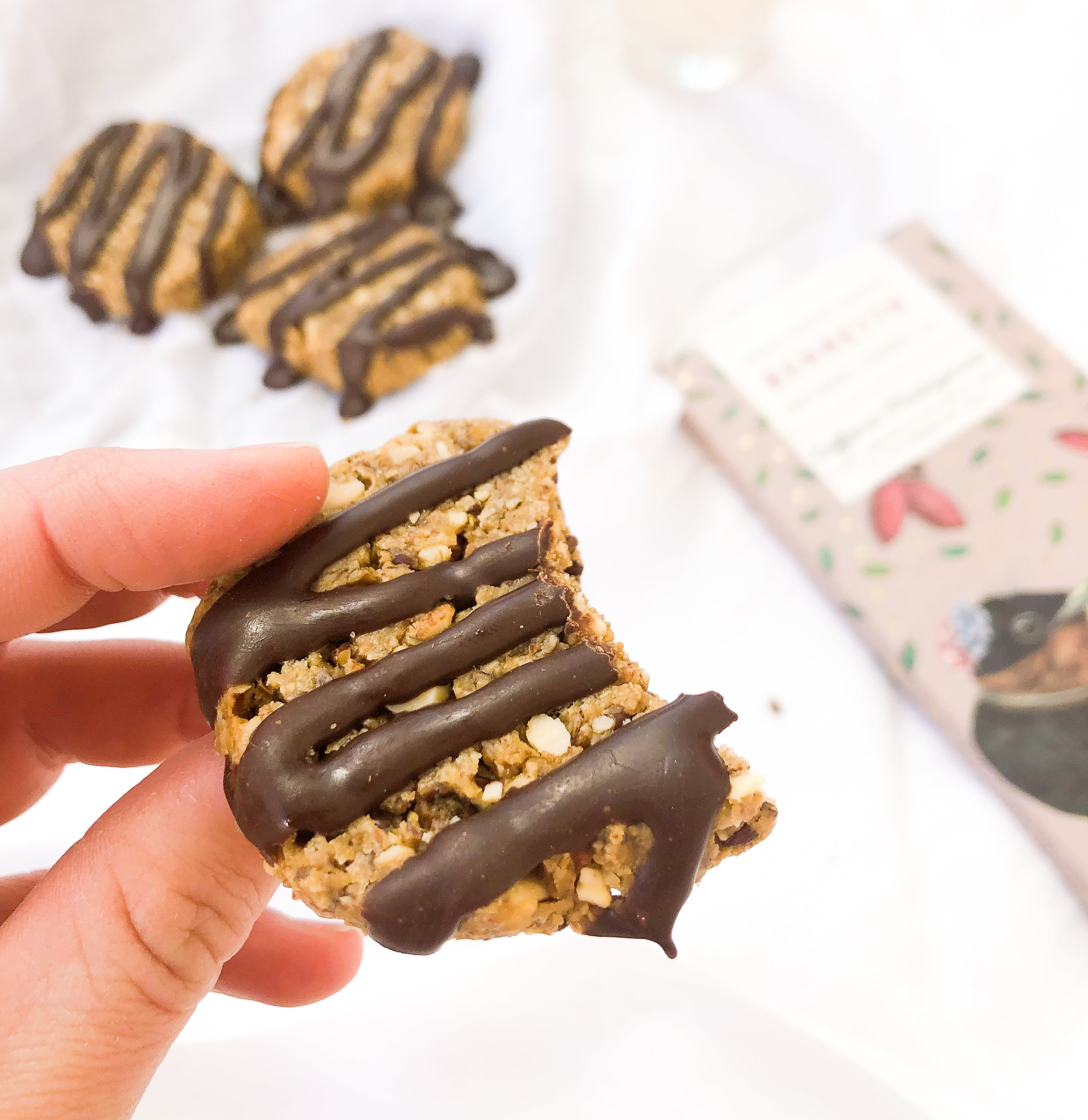I've always loved two things; chocolate and people. So in 2010, when I made my first chocolate bars in my home kitchen with a spice grinder and a box of cocoa beans, I knew I had to use Fairtrade-certified ingredients. But I only knew a little about the Fairtrade system. I certainly didn't know that 13 years later, I'd be running a global chocolate brand, Bennetto Natural Foods Co, with 100% of chocolate bars certified under the Fairtrade International banner.
In the early days, it was all about exploring and fact-finding. Literally and metaphorically. I visited cocoa plantations in the Dominican Republic, Peru and also Indonesia. It was quickly apparent that making a real difference is more than paying a fair price to the cocoa farmers. It's about supporting the producers at a community level and having the confidence that the cocoa is also grown in a way that works with nature and not against it. This is when I started to understand that Fairtrade International works on three levels: price, premiums and standards.
As Fairtrade Licence holders, we carry the green and blue logo on all products that meet the requirements. By carrying this logo it not only verifies we have paid the fair and negotiated price, but as a licence holder we contribute an extra 1.5% of our revenue to maintain the standards associated with the Fairtrade mark. And then comes the part that directly supports the communities as a whole; in addition to what the farmer receives as the ‘Fairtrade minimum price’ of cocoa we also pay and extra 20c per kilo toward the ‘Fairtrade Premium’. This extra money gives the cooperatives the freedom to decide how best to spend this money for the good of the community. It is set aside and collectively agreed on by them (not us) on how it is spent so it benefits the cooperative as a whole.
When travelling in Peru, I asked the farmers what they spent their ‘Premium’ on. One farmer said that all the children in that cooperative get glasses. Other cooperatives choose to build a kindergarten or a community hall or buy additional tools for the cooperative. Some put the money towards education scholarships for the children to attend agriculture universities. While in Peru, we visited the Oro Verde Cooperative. It comprises 1197 farmers and supports more than 5000 families. With the Fairtrade premium Ore Verde grows trees that create carbon credits as they grow and are later sold back as timber resulting in two income streams. I met a farmer named Deciderio and his 14-year-old son Pablo from the Oro Verde Cooperative. Deciderio had been farming for about 20 years. He grows coffee, cacao, timber and 'finca crops' such as bananas. Deciderio will pass his farm on to his son Pablo as his father did before him. Pablo is proud of his connection to Fairtrade and wants to study agriculture at university to help develop his family farm and cocoa. This is what the premium money is used for, and this is the reason I love the premium. It empowers the farmers to decide how to improve any social, economic, or environmental issue in their community that best suits their needs.
The Fairtrade standards incorporate a blend of social, economic and environmental guidelines that are easy to follow and ultimately support better practice by providing education on soil enrichment and crop diversification, which also increases their income in other ways. This is another guarantee that I get a quality, fair product that supports growing in harmony with nature and not against it and, ultimately, a better flavour. This is why Fairtrade certified and organic certified often go hand in hand. And that's our biggest bonus: we get a better-tasting product. The standards support educating the farmers to produce better crops and maximise their yields using up-to-date best practices. This covers nurturing seedlings, planting, pruning, composting and harvesting. We saw many examples of this in the Acopagro cooperative in Peru. In fact, the compost area of the farm was often the pride and centre of most farms we visited. All Fairtrade farmers are small-scale, family-owned plots, so we also know we're not getting any big corporates that come in and clear land and then need to use sprays and fertilisers as they have disrupted the natural ecosystem in which the cacao tree thrives.
Being a Fairtrade licence holder means we are held accountable for the claims we make. Our cocoa purchases and production are audited, so the ingredients in Fairtrade match our chocolate production and recipes. We also have to produce written proof that any ingredients that can be Fairtrade, such as sugar and vanilla, are also certified. And if an ingredient that is non-Fairtrade is used, we need to produce written proof that we could not source that particular ingredient. In that case, we are given an exception. There is no dodging the system, and we can prove 100% transparency of our sourcing. It is a thorough process, and it was invaluable in our recent B Corp certification and a large part of why we got such a high B Corp score. It may sound like a lot of hard work to some people, but it's not really; for us, it means we care enough to go that extra step, and we only make claims that can be validated.
I've been emersed in it for a long time now, visiting cooperatives, asking questions, paying our premiums, and understanding first-hand how the Fairtrade system operates and where my money is going. It is the most robust certification process and best suited to our needs and values. It's the one licence that guarantees a minimum price for producers, proper labour conditions, and environmental sustainability. I learned that being a Fairtrade licence holder is not just about a fair price for the cocoa. It's about accountability and traceability.
It's been a wild ride since our humble beginnings in 2010 kitchen bench top days, but from the start, the ethos of the Fairtrade movement has been at the heart of everything I've done… and will continue to do. And with most of our raw materials being cocoa and sugar, certifying all our products with the Fairtrade International mark is a no-brainer for Bennetto Natural Foods. And we wouldn't have it any other way.

